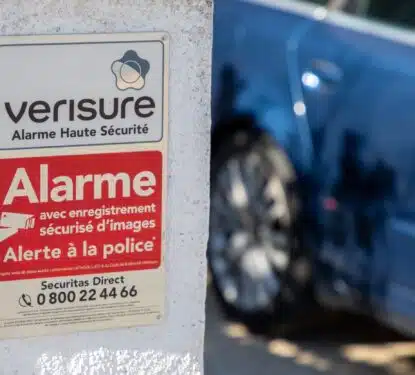The world of property seems to have got its head around smart buildings. Increased energy efficiency and the improved performance of a facility brings new value for owners who can attract more tenants at better prices. Predictive maintenance for example, reduces cost and potential unexpected downtime, thereby attracting and retaining clients. Smart cities however have a much more complex relationship with property value, one that is still a mystery to many in real estate. IBM defines a smart city as “one that makes optimal use of all the interconnected information available today to better understand and control its operations and optimize the use of limited resources”. While the British Standards Institute (BSI) suggests it is the “the effective integration of physical, digital and human systems in the built environment to deliver sustainable, prosperous and inclusive future for its citizens”. At first glance, these definitions do not appear to be describing things that would immediately and […]
Most Popular Articles

Geopolitics and Trade Barriers Are Reshaping the Video Surveillance Market
The global video surveillance market is in a new era. Where technology once flowed freely across borders, driven purely by cost and innovation, today’s vendors navigate a fractured landscape carved by geopolitics fault lines. Trade restrictions, procurement mandates, and diverging national security frameworks are no longer peripheral concerns; they are core business drivers reshaping where […]

Verisure 2025 IPO: Understanding the Shift in Professional Security Services
In this Research Note, we examine Verisure, the monitored security services firm that has recently completed its IPO. We highlight the transaction details, explore the business, based on its IPO prospectus and recent company presentations, before commenting on their strategic acquisitions in the self-monitored and professionally monitored security markets. Transaction Details Verisure completed its IPO […]

Honeywell’s 2026 Automation Spin-Off: Brilliant Strategy or Risky Complex Move?
This Research Note examines Honeywell’s Automation & Control Solutions (ACS) businesses from 10 years ago, and highlights its evolution and major organizational changes since then, resulting in the forthcoming spin-off into an Automation public company. We compare and assess the new organization, review its success factors and ongoing challenges, before providing our view on the […]
